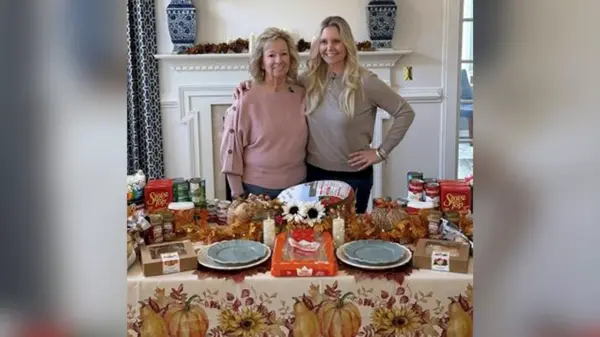A newlywed from Canada is grappling with uncertainty after receiving an anonymous message suggesting her husband may have Asperger’s syndrome. The message has left her questioning their relationship, just two months into their marriage. She states that she has only shared her marital status with close friends and family, raising concerns about how the sender obtained her personal information.
Personal Struggles and Past Trauma
The woman, who identifies herself as “LOSING AGAIN IN CANADA,” reveals that she had previously lost her mother to cancer. This recent revelation about her husband has compounded her distress. She has struggled with trust issues stemming from a previous relationship with a narcissist who often lied to her. Now, she fears she might be in a similar situation with her current partner.
She describes the emotional turmoil she is experiencing, stating, “I can’t sleep. I can’t think.” The anonymous message has intensified her feelings of betrayal and confusion, prompting her to consider whether to confront her husband about the potential diagnosis.
“Individuals who write anonymous letters usually are not trying to be helpful,” advises Abigail Van Buren, known as Dear Abby. “They may be trying to cause trouble in your marriage.”
Seeking Professional Guidance
In response to her concerns, Dear Abby suggests that before approaching her husband about getting assessed for Asperger’s, she should educate herself on the condition. She recommends exploring reliable resources such as the Association for Autism and Neurodiversity (aane.org) to better understand the potential implications for her marriage.
Abby notes that the husband might not be intentionally dishonest, but rather could be unaware of his condition. She reassures the woman that having a partner on the autism spectrum does not have to spell the end of a relationship. Many individuals on the spectrum lead successful lives, and understanding their needs can lead to a deeper connection.
Meanwhile, another letter submitted by a reader from Kansas, who signs as “FALLING FOR HER,” highlights the complexities of navigating romantic feelings in a friendship. This individual is concerned about pursuing a relationship with his best friend, a widow 25 years his senior. He expresses anxiety over the potential impact on their longstanding friendship.
Abby encourages this reader to initiate a casual meeting to discuss their feelings openly. She advises him to approach the conversation with lightheartedness while also addressing his feelings and the age difference. The response from his friend could lead to a new chapter in their relationship or reaffirm their existing bond.
In both cases, Dear Abby emphasizes the importance of communication and understanding in relationships. She encourages individuals to address their concerns directly and seek clarity rather than allowing misunderstandings to fester.
For readers seeking advice, Dear Abby, authored by Abigail Van Buren, has been a source of guidance for decades. Individuals can reach out through her website at www.DearAbby.com or via traditional mail at P.O. Box 69440, Los Angeles, CA 90069.








































































